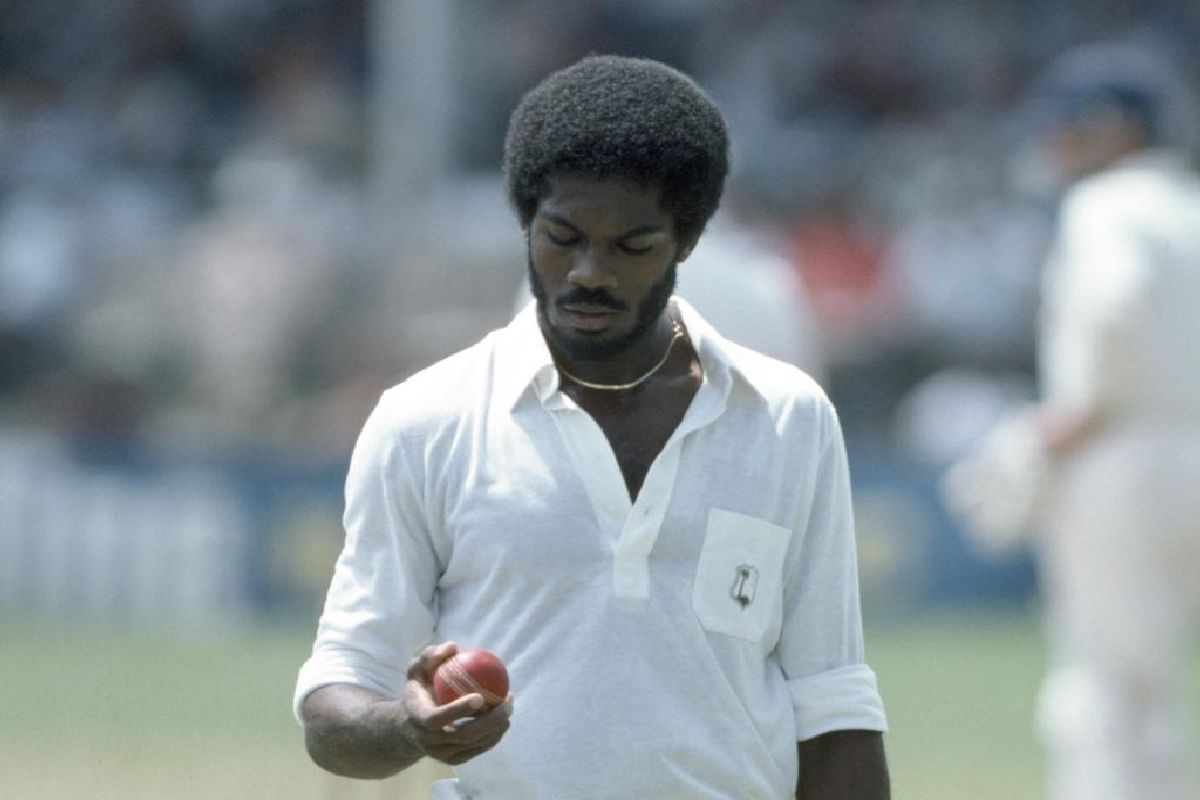School organises gender sensitisation camp
The initiative is aimed to promote gender equality, women’s rights, and social inclusivity in the rural tea-garden community.
The International Cricket Council (ICC) during its meeting considered the use of artificial substances on the ball instead of saliva in the post-corona cricketing world.

Michael Holding. (Photo: Twitter/@ICC)
West Indian fast bowling legend Michael Holding feels that legalising ball-tampering in the post-coronavirus world would be a bit “self-contradictory” while Proteas great Allan Donald feels otherwise on a subject has divided opinions.
The International Cricket Council (ICC) during its meeting considered the use of artificial substances on the ball instead of saliva once cricket resumes after the pandemic subsides.
Advertisement
“I have read that ICC is contemplating preventing people from using saliva on the ball due to COVID-19 and allowing them to use foreign substances on the ball to keep the shine on but in front of the umpire. I don’t understand the logic behind that,” Holding told ESPNCricinfo. (via PTI)
Advertisement
“Before they got to that point they said if they restart cricket it has to be played in a bio-secure environment. “They were saying cricketers, for instance, would have to isolate themselves for two weeks to make sure that everything was fine for when they got to the venue before the match started. And everyone involved (with the match) will have to do the same thing,” he added.
Holding still can’t understand that if players are healthy and have taken all precautions like staying in quarantine for the required time then why saliva cannot be used.
“Now, if you are saying everyone is in the bio-secure environment, you are staying in the same hotel, you are not moving for the length of time you are playing the matches, if that is the case why are you worried about someone’s saliva?
“That person according to what you are doing should be free of Covid-19. If the ICC thinks that the two-week period to prove that you are free of Covid-19 is not foolproof, then that means you are putting everyone in that environment in jeopardy?
“Why would you want to play cricket under those circumstances? It’s either safe or it’s not. No guessing, please,” Holding said.
There is still no confirmation on whether usage of artificial substances on the ball to maintain its shine would be allowed once cricketing action resumes after the COVID-19 crisis.
Advertisement